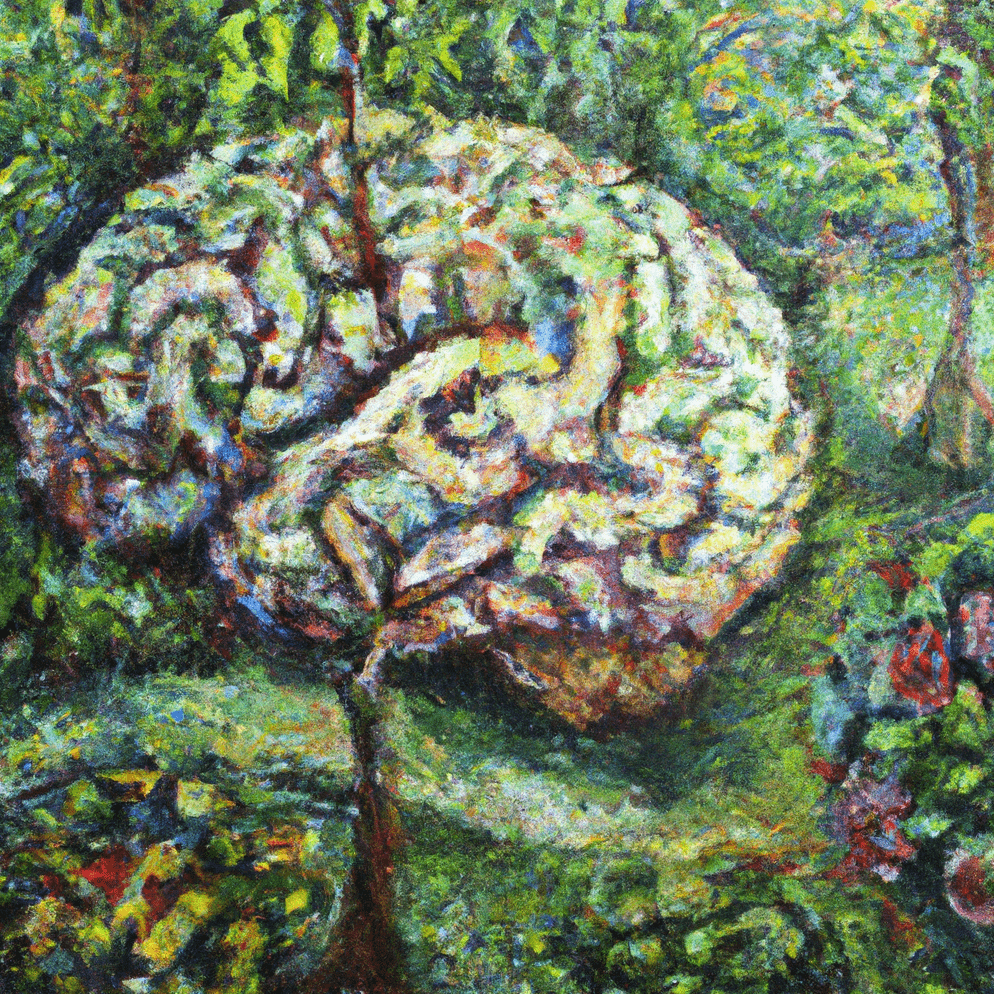The Garden Within: Tending the Landscape of the Mind
There’s a stillness I’ve come to recognize—a quiet space beneath the noise of daily life. It’s in that space that I’ve learned to see my mind not as a battlefield, but as a garden. Thoughts arise like wind-swept seeds. Whether they bloom or wither depends on how I meet them.
Some days, I tend this garden with care. Other days, it grows wild—overrun by worry or restlessness. But even the weeds, I’ve learned, have something to teach me.
The Nature of Weeds
For a long time, I didn’t question the weight of my thoughts. A past regret, a harsh inner critic, a comparison I never asked for—these crept in like quiet intruders. I welcomed them without realizing the cost.
I remember a season in my life when I played the same moment of failure over and over in my head, as though doing so could somehow rewrite it. It never did. All it did was choke the light from the present moment.
That was when I first realized: some thoughts may visit, but not all deserve a place in the soil.
Understand the necessity of acknowledging your negative experiences, not to hold onto them, but to learn from them, to grow, and to move forward.
Gentle Cultivation
Growth didn’t come by force. It came through awareness.
I learned to notice when I was watering weeds. I practiced returning to the present moment without judgment, just presence. No fixing. No fighting.
Mindfulness, reflection, and quiet gratitude became my tools. Not because they “solved” anything, but because they offered something subtler: space.
Space to breathe. Space to let go. Space to choose again.
A Garden That Reflects Its Gardener
I no longer strive for a perfect garden. That was never the goal.
There are wild patches. There are days of drought. But there is beauty in the tending. Peace doesn’t come from perfection—it arises from a gentle willingness to return, again and again.
To meet each thought like a passing cloud. To hold discomfort without clinging. To let joy bloom freely, without needing it to last.
This is the practice.
Final Thought
Whatever you’re growing inside, may you tend it with patience. And when the weeds return—as they will—may you greet them kindly, then choose where your sunlight goes.

